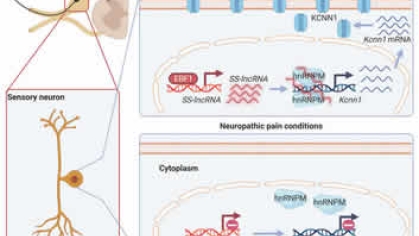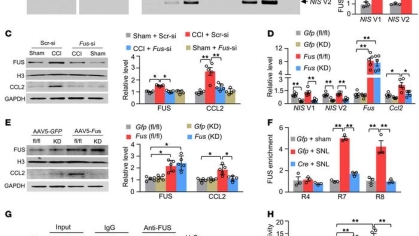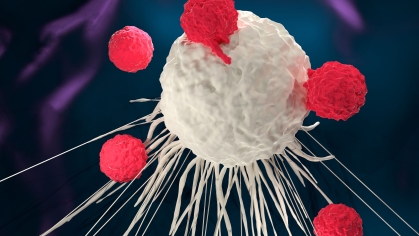Report Identifies Novel Phenotype
In April 2022, Dr. Karen Edelblum, Assistant Professor and Chancellor Scholar,Center for Immunity and Inflammation and Department of Pathology, Immunology & Laboratory Medicine, and colleagues published a report in Mucosal Immunology identifying a novel γδ IEL hyperproliferative phenotype that arises early in life in mice. Dr. Luo Jia in collaboration with Dr. Guojun Wu, found that thisγδ IEL phenotypewas attributed totwo guilds of small intestinal or fecal bacteria represented by 12 amplicon sequence variants (ASV) that are strongly associated with γδ IEL expansion. Moreover, the hyperproliferative and hypermotileγδ IEL phenotype could be transferred via the microbiota to other mice. Based on previous studies showing that patients with active Crohn's disease exhibit areduced frequency of intestinalγδ IELs, these findings suggest that microbiota-derived signals may be useful in amplifyingγδ IEL number or surveillance function to reinforce the intestinal epithelial barrier and prevent disease relapse.


